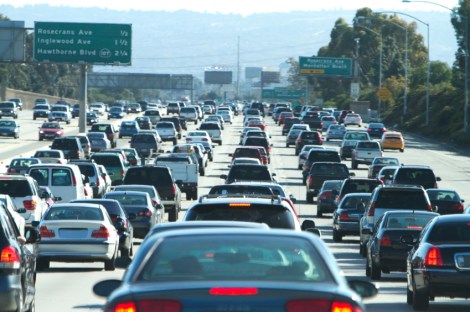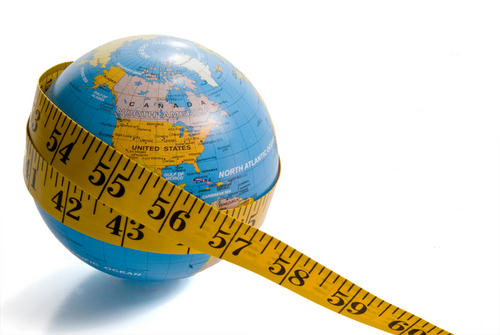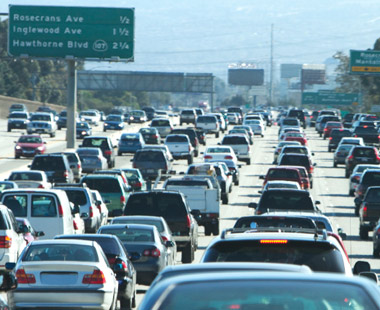
We are vehicles and we are all one through the internet ommmmm
People are, theoretically, all connected to each other through the internet and, again theoretically, it helps us to relate better and more efficiently. So the people who think about vehicles, and more specifically about vehicle crashes, started thinking and presumably emailing each other questions: What if cars and buses were connected to each other? Might this perhaps cut down on the number of accidents?
The answer is yes. Amazingly, networking vehicles might cut down on accidents as much as 80 percent. If your next question is, “uh, why,” you’re not alone. Here’s an explanation of a recent pilot program done in Ann Arbor, Mich.:
Each car in the system is outfitted with a sensor that sends around 10 messages per second to cars within several hundred feet. If another car comes too close, or is driving erratically, the system warns the volunteer drivers with a ping, buzz, or vibration, depending on the systems … According to early surveys, more than 90% of the study’s participants liked the system and thought it helped them avoid hazards — which is essential, since implementing a federal mandate would require a whole lot of support.
So basically, it’s like car Twitter, or maybe more like car Foursquare — all the vehicles around you are shouting, “I’m here!” And then you know to avoid them, so maybe more than anything it’s like car Foursquare when all your friends are assholes.
I’m a little skeptical that 90 percent of participants really liked random pings, buzzes, and vibrations in their cars, though. It sounds kind of annoying. Of course it is probably better than getting T-boned by bunch of meth-heads. Theoretically.



